PERMACULTURE - DOING MORE WITH LESS
The principles of permaculture stress the importance of efficiency by:
* advising us to work with nature
* finding the positive resource in an apparently negative situation
* making the least change for the greatest possible effect
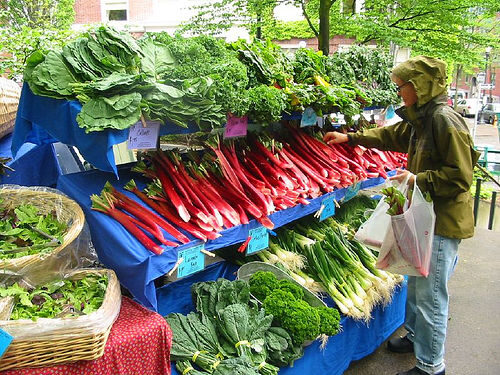
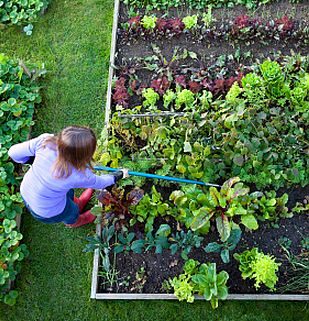
"Firstly, permaculture is about producing edible landscapes, mirroring the natural ecosystems in their diversity and production."
It places an emphasis on long-living food crops, like fruit and nut trees. Permaculture shows us practical ways to make the best use of our home sites, however big or small - for instance - how to capture and reuse rain & waste water.
But it's so much more than just sustainable food systems.
It's about designing gardens and homes to harmonize with natural laws, minimizing consumption of energy and materials, and minimizing waste and pollution. It's about developing land use strategies that restore damaged environments, and maintain genetic biodiversity.
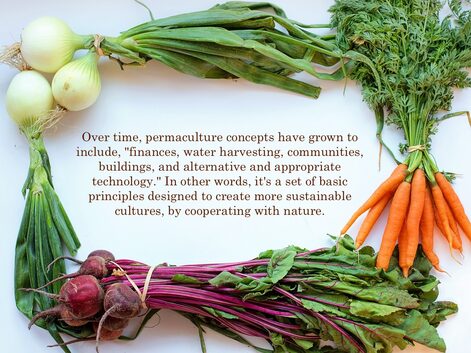
( gleaned from "The Basics of Permaculture Design" by Ross Mars )
"Permaculture is about taking back the responsibility for feeding and sheltering ourselves, and for our own individual welfare and physical and mental well-being." ..."We can only be of service to others if we first learn how to care for ourselves. If we can use the precepts of permaculture to help us to learn to feed, house, and employ ourselves, then we can provide for our families with far less strain on the community and our environment." ( "Chicken Tractor" The Permaculture Guide to Happy Hens and Healthy Soil) by Andy Lee & Pat Foreman
Call it permaculture, voluntary simplicity, or eco-householding ... any way you slice it ... it's high time we re-embrace nature's way.
Let's face it though, trying to live a more sustainable lifestyle in these modern times can be challenging. But it's doable. Whether you're living in a ten story apartment, or a suburban ranch home, a double-wide along a creek, or in a neighborhood of McMansions, I'm sure all of us can find ways to employ the principles of sustainability throughout our day to day lives.
Right off, let me say: I make no claim to be a full-fledged permaculturalist. My husband and I live simply, growing a variety of fruits and veggies in our semi-shady double sized yard. We do what we can to lower our carbon footprint. Minimize the miles we drive. Keep the thermostat set low, etc. etc.
In some ways, our home and yard don't look so very different from the rest of the neighborhood. We've got the usual lawn and trees and ornamental shrubs. Some of those plantings include food crops ... blueberry and huckleberry bushes, plus an apple and a plum tree. There are 2 delicious varieties of grapes that drape over an ugly chain link fence, gracing it with beautiful leafy vines and fruit. Plus more wild blackberries than we can handle.
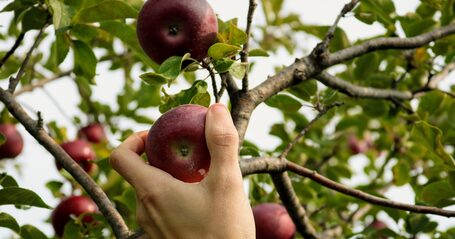 In the first year or two we lived here, we planted a variety of fruit trees. Some thrived. Some didn't. We even tucked in a few fruit trees (guerrilla style) in neglected neighboring lots (pies we bake from the cherries down the street just burst with flavor!)
In the first year or two we lived here, we planted a variety of fruit trees. Some thrived. Some didn't. We even tucked in a few fruit trees (guerrilla style) in neglected neighboring lots (pies we bake from the cherries down the street just burst with flavor!)
A sizable chunk of our front yard has been turned into organic vegetable gardens. We planted them when our youngest daughter was a middle schooler. She was, of course, mortally embarrassed by the corn growing in our front yard. But hey, she's come around. Now, as an adult, she and her family have got veggies, fruit trees, herbs and flowers growing throughout their yard.
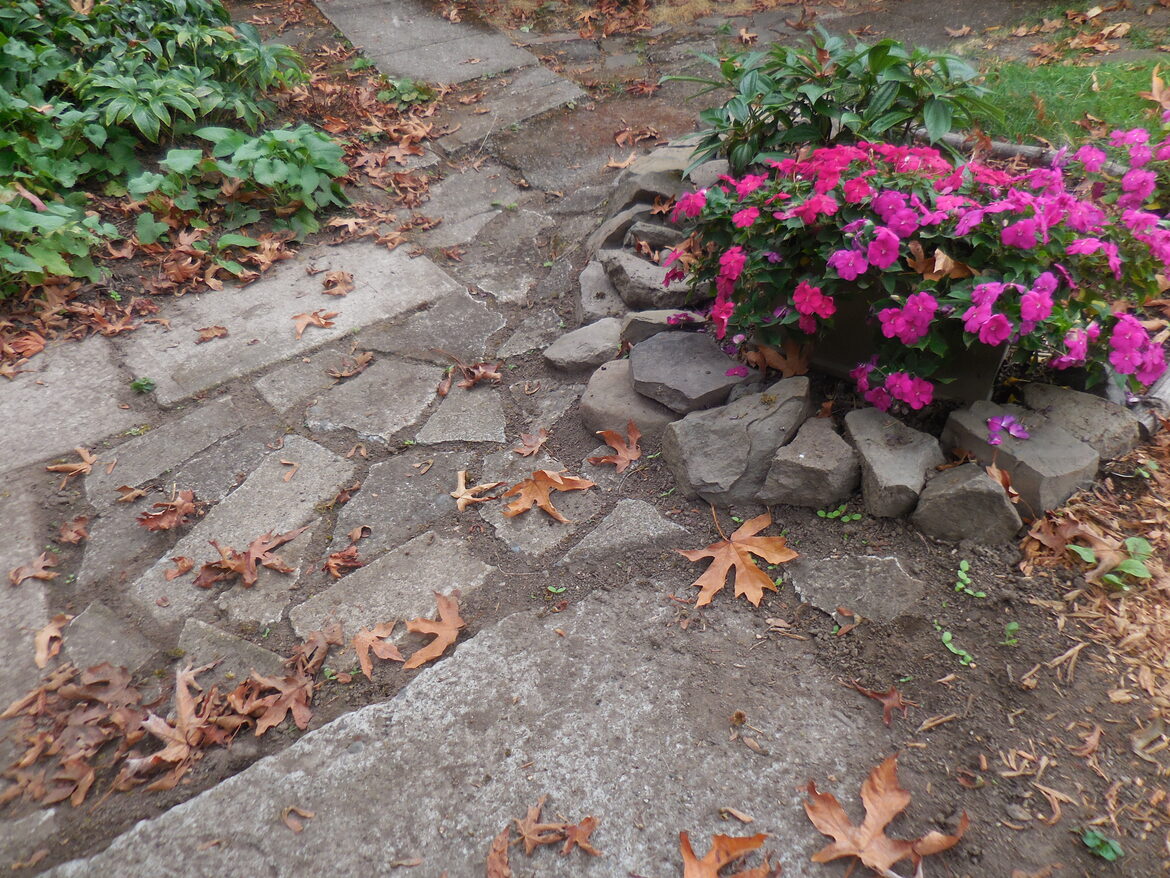
You get the general idea, right ?
We try to live simply, in harmony with nature.
We use what's right at hand.
We've made pathways to the gardens, the compost pile and the shop, with the most ubiquitous of man-made materials - old concrete slabs - aka "urbanite". It's everywhere. Readily available to recycle. Some of ours came from down the street where an old sidewalk was being repaired. When the sidewalk chunks are set into the ground with an eye for patterns, the paths are pleasing, practical, and cost nothing but our own sweaty labor.
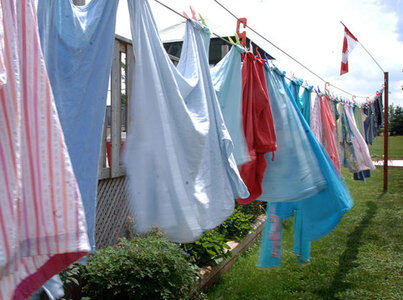 When the weather permits, we hang our laundry outside to dry. Clothes dried in the sun have a certain undeniably pleasant smell to them. And laundry hanging in the backyard looks friendly - it says, we're here, we're home. During the chilly, winter months, we dry our laundry on racks over the heater vents. There's hot air coming out - might as well use it. We were using our electric clothes dryer so rarely, we finally decided to pass it along.
When the weather permits, we hang our laundry outside to dry. Clothes dried in the sun have a certain undeniably pleasant smell to them. And laundry hanging in the backyard looks friendly - it says, we're here, we're home. During the chilly, winter months, we dry our laundry on racks over the heater vents. There's hot air coming out - might as well use it. We were using our electric clothes dryer so rarely, we finally decided to pass it along.

Over time we've filled in gaps in the landscape with native berry bushes and perennials that require very little care and water. Even the ornamental plants we introduce have a practical function: Like rugosa rose varieties with the juiciest, sweetest hips to eat and use as medicine ... and lavender to attract pollinator bees ... and echinacea, with its beautiful flowers, and healing roots and seeds. You should see all the bumble bees on the echinacea when its in bloom.
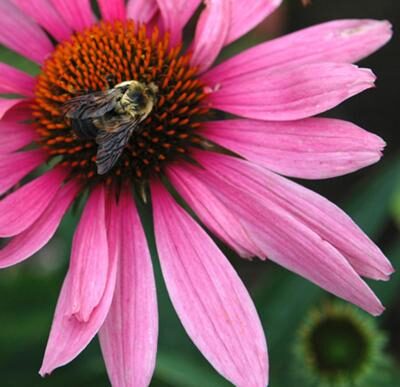
Sometimes the bees sleep all night on the flowers, seemingly a bit drunk on pollen. These days, with so many honey bee colonies experiencing hive collapse, I figure we can all help out by growing flowering plants that are attractive to honey bees and wild native bees as well. My husband and I maintain a population of easy care mason bees, to insure we have enough pollinators around.
Over time we've gotten rid of some of our lawn by turning it into a meadow that we cut seasonally. It borders an area dedicated to our compost and brush piles - which create habitat for a variety of local creatures, including raccoons, squirrels, possums, skunks, snakes and birds.
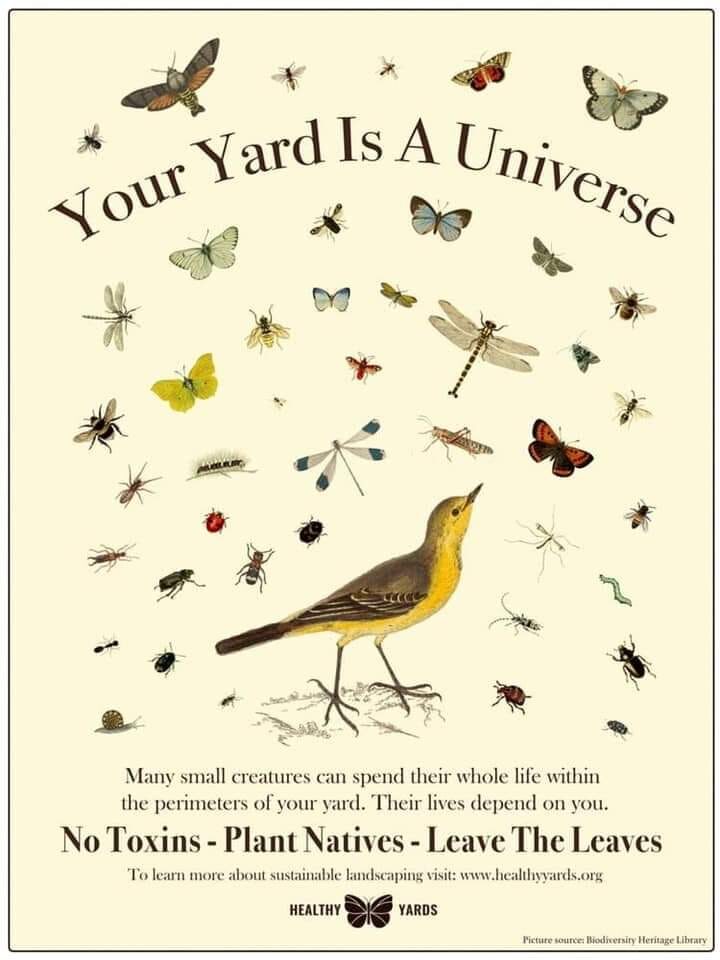
Still, we've got way more lawn than any self-respecting permaculturalist would have. When spring comes around and you can almost see the grass growing daily, it can be challenging to keep it mowed with our non-motorized push reel mower.
But if we do it regularly, it's pleasant enough exercise .... part of what keeps us fit. Really, it feels good to get a work-out, while taking care of basic home and yard maintenance. It's intrinsic exercise - built right into day-to-day life.
All of our yard work is done without chemicals & usually without power tools. I can appreciate rototillers, tractors and chainsaws. They have their place in a sane world. But in order to minimize energy consumption and pollution, we choose to garden with basic hand tools, like shovels and trowels, hand pruners and bow saws.
There's something quite satisfying about using simple, well made tools.
I'm reminded of this every Fall when we rake up the leaves that fall from the huge maple tree in our back yard. With every sweep of the rake, the leaves are flung close to a pile, where they'll sit composting until needed for mulch next year. Some of the leaves join our food and yard waste in the compost piles. Others provide winter mulch for our landscape and gardens. The remainder rot in place and nourish the soil under the tree.
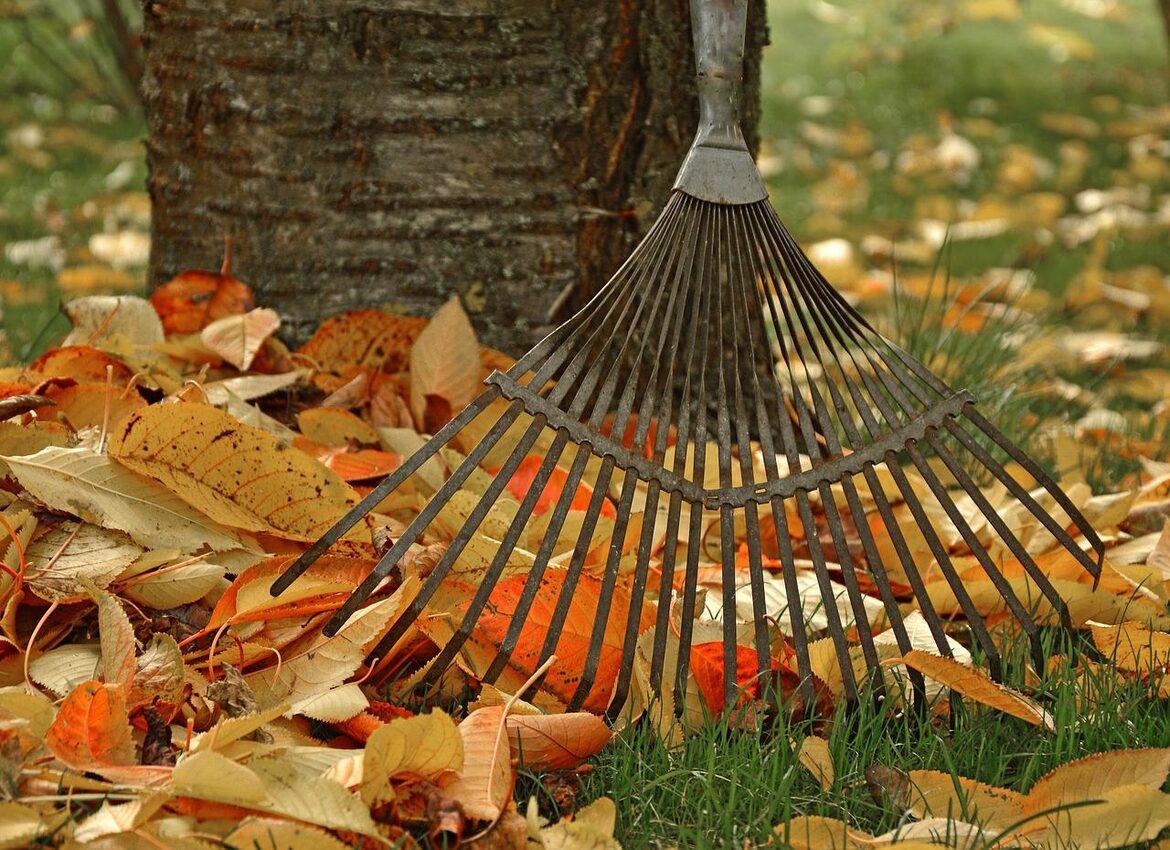
There's a pleasant rhythm to raking leaves.
Why use a loud, heavy, stinking leaf blower to do the same job? Leaf blowers turn a seasonal pleasure into a damn chore.
Yeah, there's a real beauty and pleasure to well designed hand tools. If you look back a hundred years and more, you'll see that many commonplace tools & inventions made use of the principles of mechanical advantage. Tools were designed to complement human or animal power with the use of gears and pulleys and levers. Some are really quite ingenious.
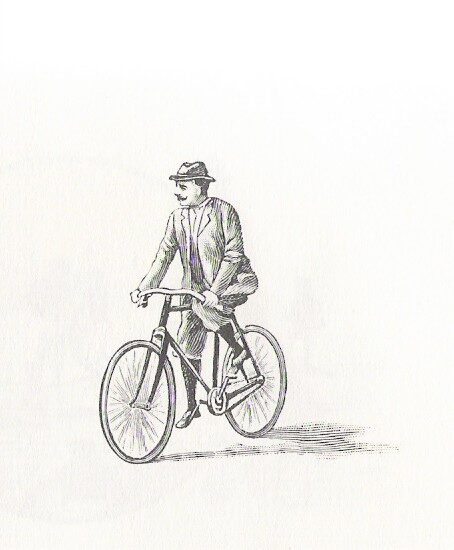 Take the bicycle for instance.
Take the bicycle for instance. 
Low tech. No fuel needed.
It's evolved into a perfect blend of human power and mechanical advantage.
 Maybe we should back-up a bit, and reconsider a road we took in our history. Round about the turn of the 20th century, lots of innovators saw the advantage of electrical power and the internal combustion engine. And for better or worse, the modern technological world was up and running.
Maybe we should back-up a bit, and reconsider a road we took in our history. Round about the turn of the 20th century, lots of innovators saw the advantage of electrical power and the internal combustion engine. And for better or worse, the modern technological world was up and running.
Now we're dependent on technologies that require large inputs of energy. And our over-reliance on technology has come back to haunt us, with pollution ... obesity ... health threatening toxins, and diminishing energy reserves.
 Maybe it's time to rethink our addictive dependence on fossil fuels. Might be a good time to start using more efficient, human-powered tools again.
Maybe it's time to rethink our addictive dependence on fossil fuels. Might be a good time to start using more efficient, human-powered tools again.
I'm not suggesting we all become complete Luddites. Having lived for years without the usual conveniences of modern life, believe me, hot running water & central heating are some of humankind's best inventions ever !
Of course we want to shelter ourselves from the elements and create a reasonable degree of comfort in our lives, but we've gone so ridiculously far beyond that. Some of us hermetically seal ourselves off from the very source of our physical well being, the Earth itself - moving seamlessly from heated car to heated office to heated store to heated home.
That takes a lot of energy. More and more of it as the world population grows and expects more material comforts. And as the easy petroleum sources are used up, we turn to fracking and other resource extractions that require using nearly as much energy as they create.
 It's OK to feel winter's chill
It's OK to feel winter's chill 
We can get into the age-old habit of layering up our clothes in the cold seasons ... and bundle up in sweaters, vests and jackets ... and turn down our thermostats. Let's quit expecting our homes, stores, offices and public places to be heated to summertime warmth 24/7 ... 365 days a year. We could save so much energy if we didn't expect constant comfort in our buildings.
"Adjusting your thermostat up or down by just 3 degrees Fahrenheit all year round will save you about $114 on a 1500 sq foot home and will keep two and a half tons of carbon dioxide out of the atmosphere."
In the cooler months, my husband and I turn off the heat at night while we sleep. We bundle up, all toasty warm in a thick pile of covers. And in the daytime, we keep the heat set in the mid 60's. We're reasonably comfortable with a few layers of clothes on. In the evening, when we're slowed down and tired, we turn the thermostat up a degree or two, and luxuriate in the warmth.
It's no real sacrifice. It's just basic conservation of energy.
Naturally of course, at times we feel mighty HOT in the summer. Like a lot of older homes in our bio-region, ours lacks air-conditioning. We moderate the heat by darkening the house with blinds and curtains. We use fans and evaporative coolers, and open & close windows to catch cooler breezes or block the heat. And we simply experience the summer heat. Slow down and try to enjoy it.
Look, I know what a blessing air conditioning can be. But something's wrong when air conditioners in our homes, stores and offices are set so cool that we need to wear layers of clothing indoors in the summer. Let's face it, if you need to wear a long sleeve shirt or sweater inside when it's 95 degrees outside, excessive energy is being used!
Conserving energy, weatherizing our homes, and switching to energy efficient heating and cooling systems goes a long way toward moderating our overuse of the planet's diminishing fossil fuels. 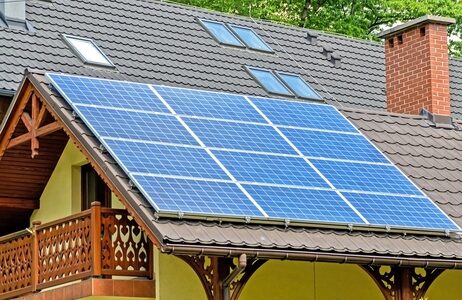
Healing the planet isn't strictly about our individual and household choices.
We're overdue for massive business and government investments in green energy. Our economy and infrastructure need to be rooted in sensible, energy efficient technologies.
"A team at Stanford University under Mark Jacobson is telling us that we could get to 100 percent renewables, powering our entire economy with renewables, in two decades. So, if the scientists are telling us we need to do it, and the engineers are telling us we can do it, then all that’s missing are the politicians willing to introduce the bold policies that will make it happen. And that’s what we’re missing still."
UNFORTUNATELY ... "our hardest problems usually require big changes in the existing economic and political order. But big changes always run headlong into staunch opposition from powerful and entrenched interest groups - like companies, unions, government bureaucracies, and associations of financial investors - that benefit from the status quo." "The Upside of Down: Catastrophe, Creativity and the Renewal of Civilization" by Thomas Homer-Dixon
We'll need to keep pushing our leaders, and hopefully soon, we'll see a surge in the use of alternative technologies - like solar, wave, and wind power - throughout all segments of our society ... technologies that make use of natural energy flows and patterns.
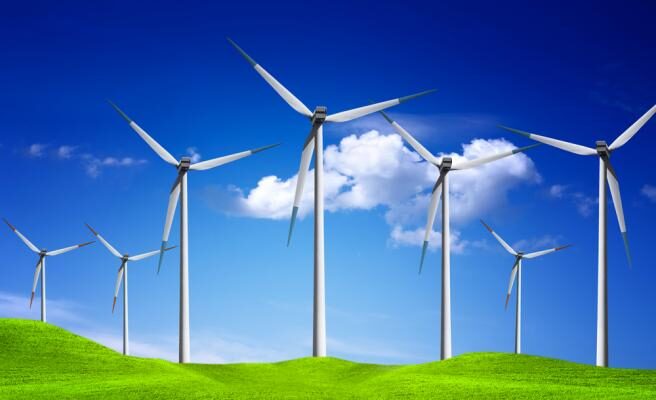
The basic principles of Deep Ecology are derived from the work of Arne Naess, a Norwegian ecologist and philosopher.
Deep Ecology stresses ... " that all species have the intrinsic right to exist."
"Appreciation for non-human species counters the Western development model, which seeks to exploit nature to accommodate human needs. For deep ecologists, the rights of other species to exist is independent of human activities."
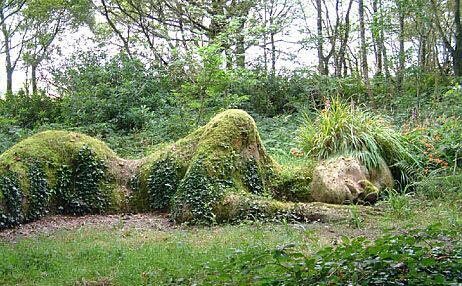
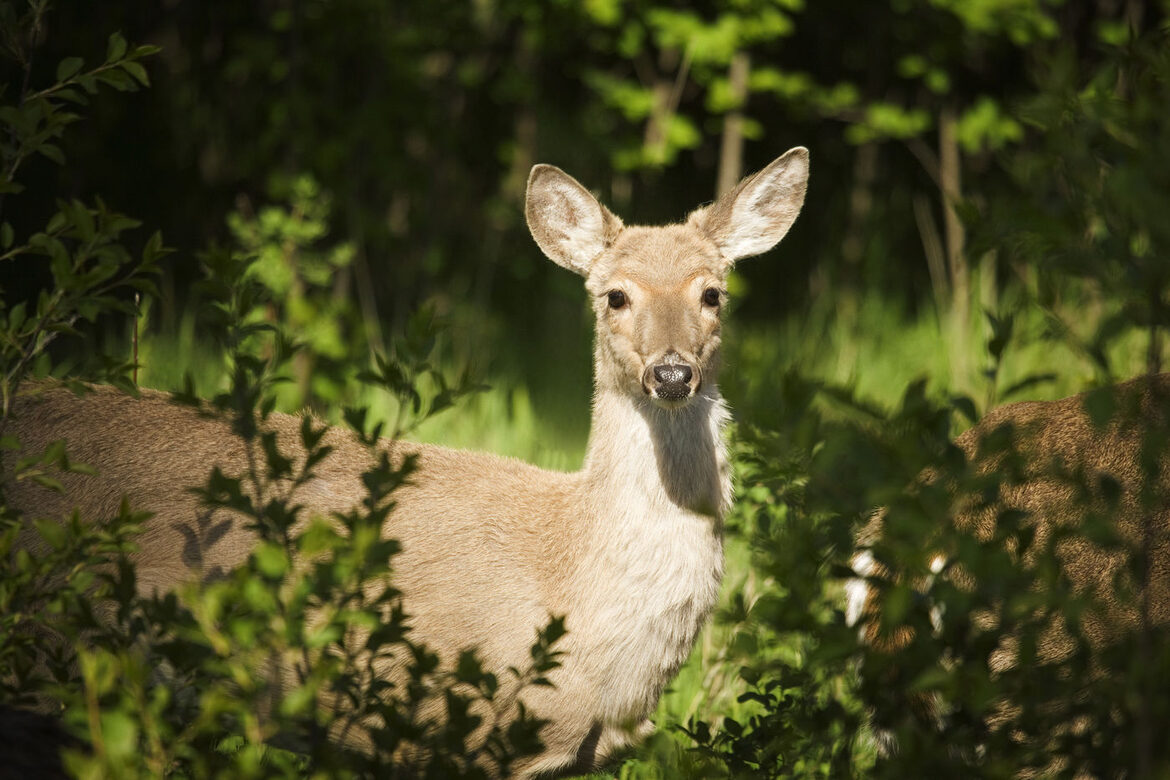
Camped out in Death Valley in 1984, George Sessions and Arne Naess drew up eight basic principles that describe deep ecology:
- The well-being and flourishing of human and nonhuman life on Earth have value in themselves. These values are independent of the usefulness of the nonhuman world for human purposes.
- Richness and diversity of life forms contribute to the realization of these values and are also values in themselves.
- Humans have no right to reduce this richness and diversity accept to satisfy vital needs.
- The flourishing of human life and cultures is compatible with a substantial decrease of the human population. The flourishing of nonhuman life demands such a decrease.
- Present human interference with the nonhuman world is excessive, and the situation is rapidly worsening.
- Policies must therefore be changed. These policies affect basic economic, technological, and ideological structures. The resulting state of affairs will be deeply different from the present.
- The ideological change is mainly in appreciating life quality rather than adhering to to an increasingly higher standard of living. There will be a profound awareness of the difference between big and great.
- Those who subscribe to the foregoing points have an obligation directly or indirectly to try to implement the necessary change.

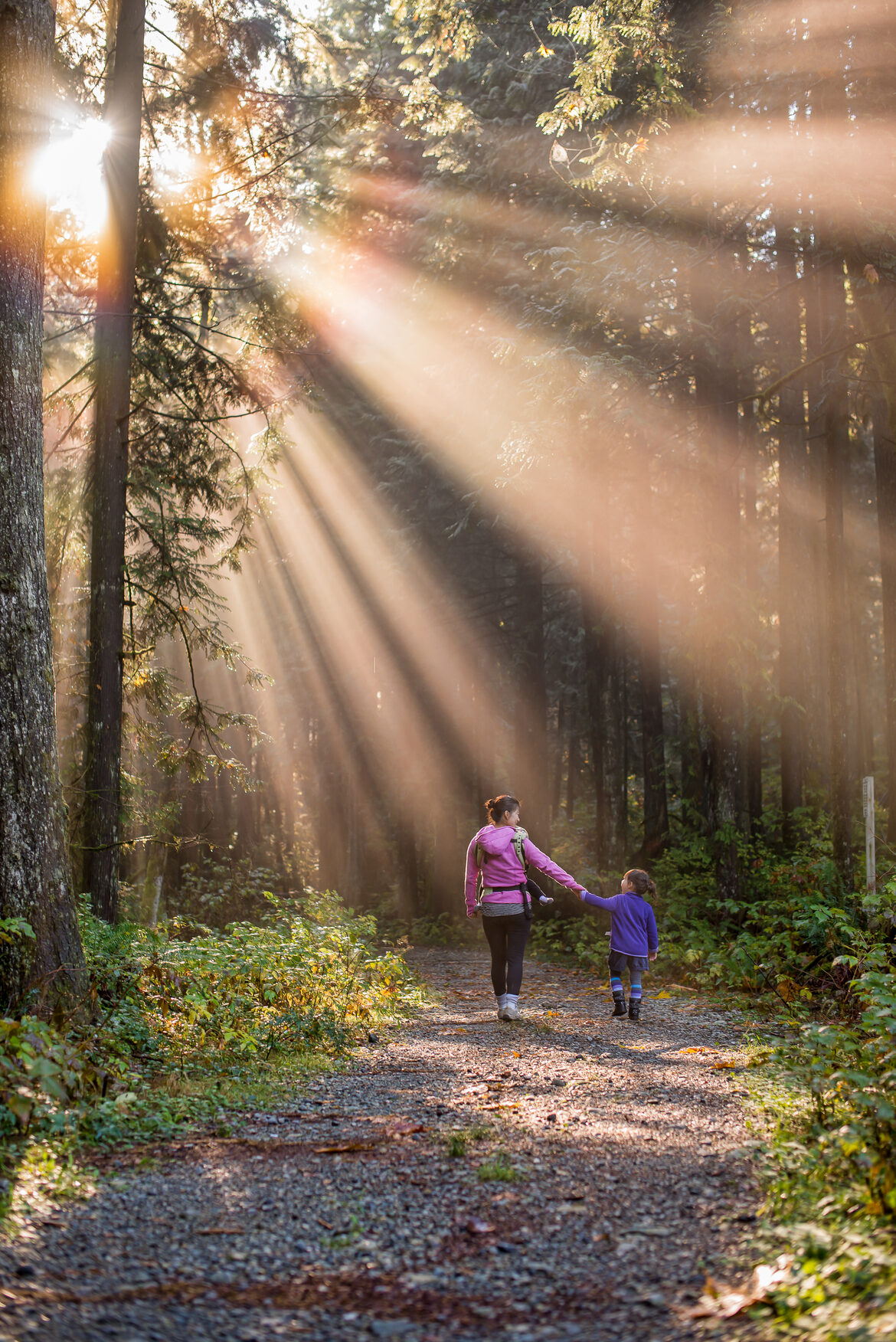

There's simply no substitute for spending time in nature.- hiking, skiing, flying kites, gardening, snorkeling, picnicking -
... whatever gets you out there.Out in the world, on nature's own terms,
we meet her in all her bounty and glory, her fury, and utter indifference.
In nature, we are reminded of our place in the big scheme of things.
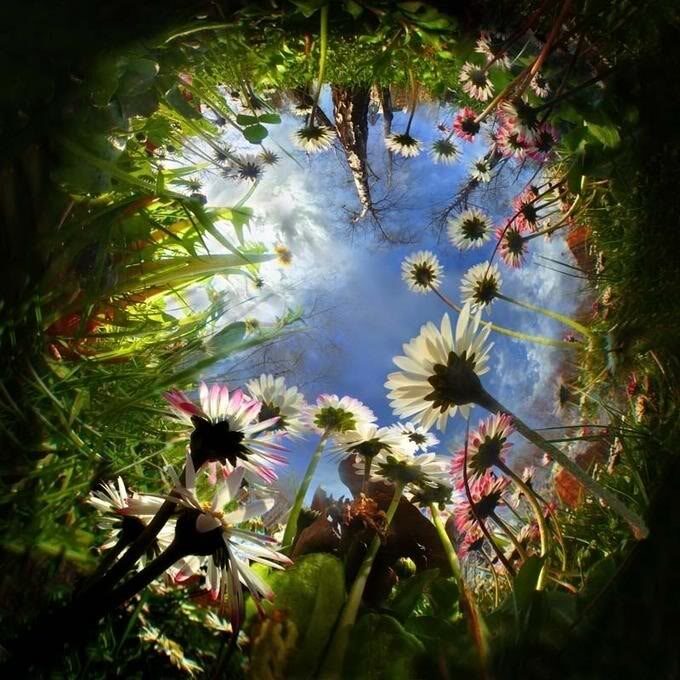
"But ask the animals, and they will teach you;or the birds in the sky, and they will tell you;Ask the plants of the earth, and they will teach you;And the fish of the sea will inform you." Job 12:7-8
Mother Earth is a beloved friend, a living and breathing entity with her own ways and wisdom.
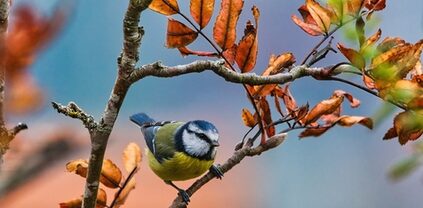

Biomimicry Principles
Janine Benyus has coined the term Biomimicry, to describe how... "nature with its 3.8 billion years of evolution acts as a guide for humans." She says,"nature teaches humans to treat ecosystems not as a commodity but as a source of knowledge and inspiration."
"Efficiency is rooted in allowing nature to lead in our design solutions." - from "The Sustainability Revolution"
"The more our world functions like the natural world, the more likely we are to endure on this home that is ours, but not ours alone."
_______ here are Ms. Benyus's Biomimicry Principles _______
* Nature uses only the energy it needs * Nature runs on sunlight * Nature taps the power of limits
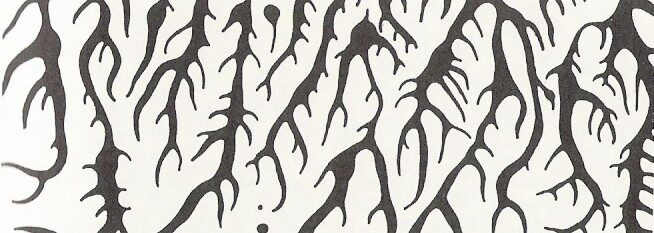
* Nature fits form to function * Nature recycles everything * Nature demands local expertise

* Nature banks on diversity * Nature rewards cooperation * Nature curbs excesses from within

Some of nature's basic repeating patterns * "Li - Dynamic Form in Nature" by David Wade How can we incorporate these natural principles in our lives?
"How do we make the act of asking nature's advice a normal part of everyday inventing?

Let's renew our bonds with nature.
Highly recommended:
"Exploring Deep Ecology" from Northwest Earth Institute
Permaculture Activist Magazine
"Permaculture: Priciples and Pathways Beyond Sustainability" by D. Holmgren
"Deep Ecology for the Twenty-First Century" edited by George Sessions
"The Mesh": Why the Future of Business is Sharing" by Lisa Gansky
Vandana Shiva - check out the website www.humansandnature.org/vandana-shiva
"The objective is not dogmatically to live with less, but is a more demanding intention of living with balance in order to find a life of greater purpose, fulfillment, and satisfaction."
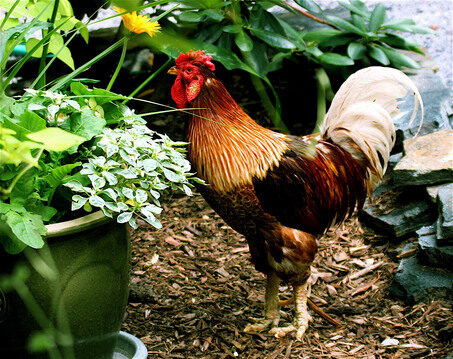
More and more of our neighbors keep chickens these days.
Sometimes the roosters get donated to our stew pot ... yum yum.